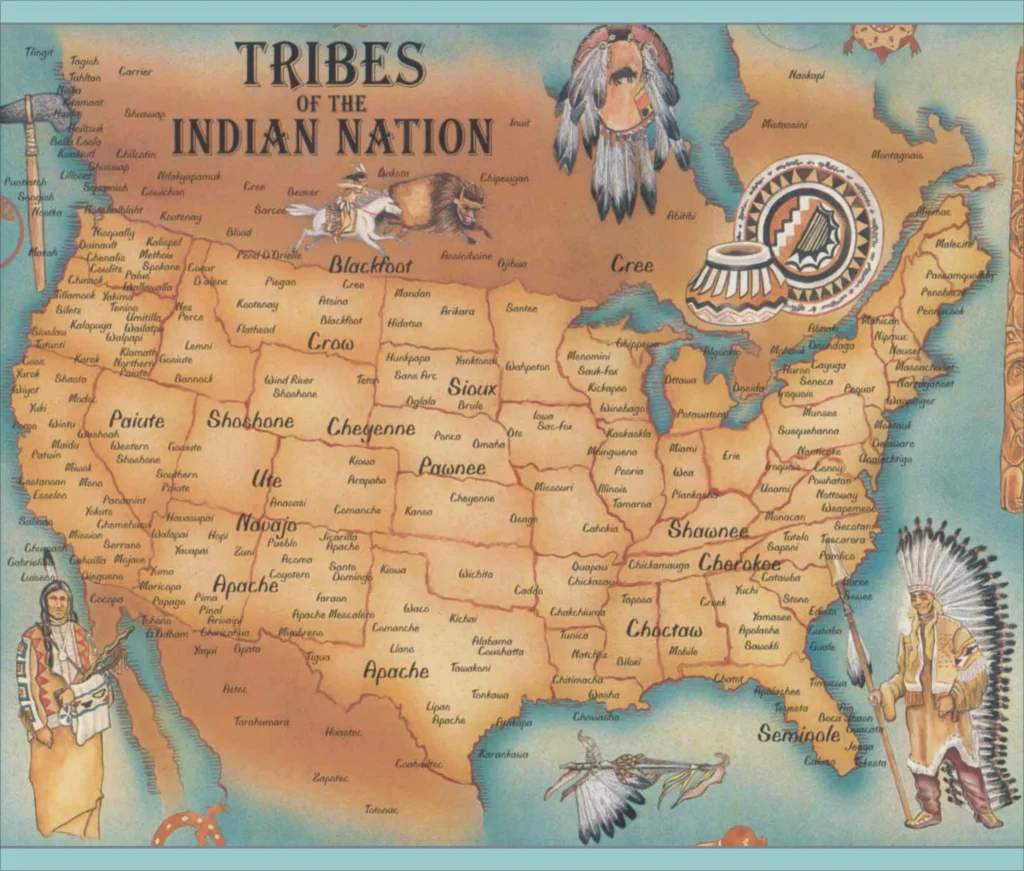In the land we now call the United States, a painful chapter of history unfolded with the colonization and subsequent displacement of the Indigenous population. As a devout Christian, I believe that it is our duty to address the past wrongs committed against the Indigenous people and work towards reconciliation. This article will explore the importance of paying reparations to the Indigenous population and the moral imperative that lies behind such actions.
Acknowledging Historical Injustice
To truly understand the significance of reparations, we must first acknowledge the extent of historical injustice committed against the Indigenous peoples. From the displacement of tribes, broken treaties, and forced assimilation, the Indigenous population has endured centuries of cultural erasure, oppression, and socio-economic disadvantage. It is crucial that we recognize the devastating consequences of colonization and how it continues to impact Indigenous communities today.
Restoring Justice and Dignity
Reparations represent an essential step towards restoring justice and dignity to the Indigenous population. By offering compensation for past wrongs, we acknowledge the inherent value and worth of every individual and community affected. The act of reparations demonstrates a commitment to healing the wounds of the past and fostering a society built on principles of justice and equality.
Addressing the Socio-economic Divide
Generations of systemic oppression have left the Indigenous community facing significant socio-economic disparities. Access to quality education, healthcare, employment opportunities, and infrastructure remain inadequate for many Indigenous peoples. Reparations can provide the necessary resources to bridge this gap and empower Indigenous communities to thrive and prosper, giving them equal opportunities for success and advancement.
Preserving Cultural Heritage
The Indigenous population possesses rich cultural traditions, languages, and spiritual practices that are invaluable to the fabric of our nation. The payment of reparations not only acknowledges the past injustices but also serves as a testament to our commitment to preserving and honoring Indigenous cultural heritage. By investing in initiatives centered around the revitalization and preservation of Indigenous traditions, we can ensure the continuation of their sacred legacy for generations to come.
Promoting Reconciliation and Unity
Reparations offer an opportunity for healing, reconciliation, and the rebuilding of trust between the Indigenous population and the broader American society. It is through recognition of past wrongs and the commitment to right those wrongs that we can foster understanding, empathy, and unity. By acknowledging and addressing the injustices inflicted upon the Indigenous peoples, we take a significant step towards building a more inclusive and equitable society.
Justice & Equality
As devout Christians and citizens of a nation founded on principles of justice and equality, it is our duty to address the historical injustices faced by the Indigenous population. Reparations serve as a powerful means of restoring justice, providing socio-economic equity, preserving cultural heritage, and promoting reconciliation. By taking action and advocating for reparations, we can contribute to a society that respects the dignity and rights of all individuals, redressing past wrongs and forging a path towards a brighter, more harmonious future.
